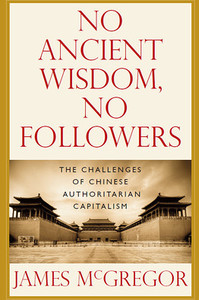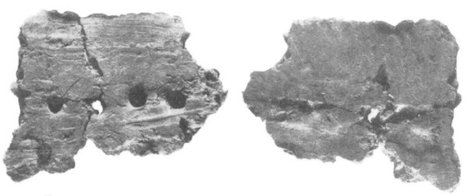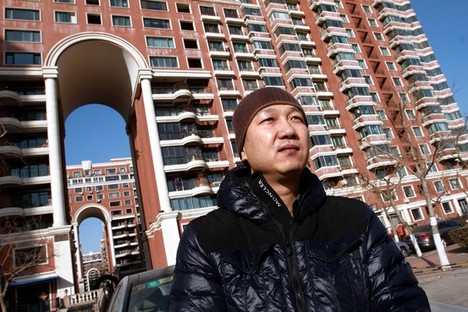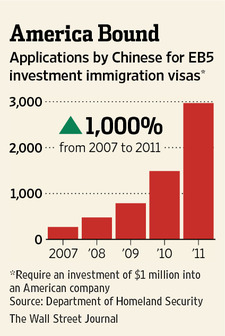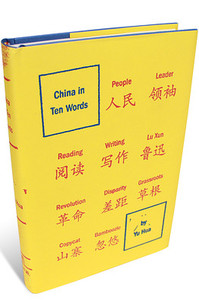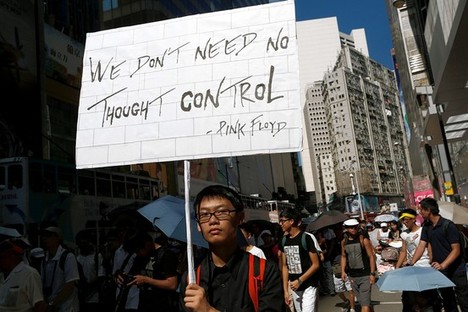 “In Hong Kong, protesters march against Beijing’s introduction of ‘Chinese patriotism classes’ in schools.” Source of caption and photo: online version of the WSJ article quoted and cited below.
“In Hong Kong, protesters march against Beijing’s introduction of ‘Chinese patriotism classes’ in schools.” Source of caption and photo: online version of the WSJ article quoted and cited below.
(p. A11) Consider the . . . scene in Hong Kong, where tens of thousands of parents, teachers and students protested an effort by Beijing to re-educate the inhabitants of the former British colony, which reverted to the mainland in 1997.
Hong Kong people objected to a government-funded booklet titled, “The China Model,” which was supposed to educate them in the patriotic ways of the mainland. It celebrates China’s one-party Communist regime as “progressive, selfless and united” while criticizing the U.S. political system as having “created social turbulence.”
There is no reference to the Cultural Revolution or Tiananmen Square–history also suppressed on the mainland, where the Web is largely censored. The booklet even encourages Hong Kong people to learn how to “speak cautiously,” a highly unlikely development to those of us who have lived in Hong Kong with its often pungently plain-spoken citizens.
The chairman of the pro-Beijing China Civic Education Promotion Association in Hong Kong, Jiang Yudui, tried to defend the booklet by saying, “If there are problems with the brain, then it needs to be washed, just like dialysis for kidney patients.”
This led the Hong Kong education secretary to back away, assuring that, “Brainwashing is against Hong Kong’s core values and that’s unacceptable to us.” Meanwhile, Hong Kong’s sophisticated protesters carried banners that included lyrics from British rock group Pink Floyd, “We don’t need no thought control.”
For the full commentary, see:
L. GORDON CROVITZ. “INFORMATION AGE; Brainwashing in the Digital Era.” The Wall Street Journal (Mon., August 6, 2012): A11.
(Note: ellipsis added.)
(Note: the online version of the article was dated August 5, 2012.)

